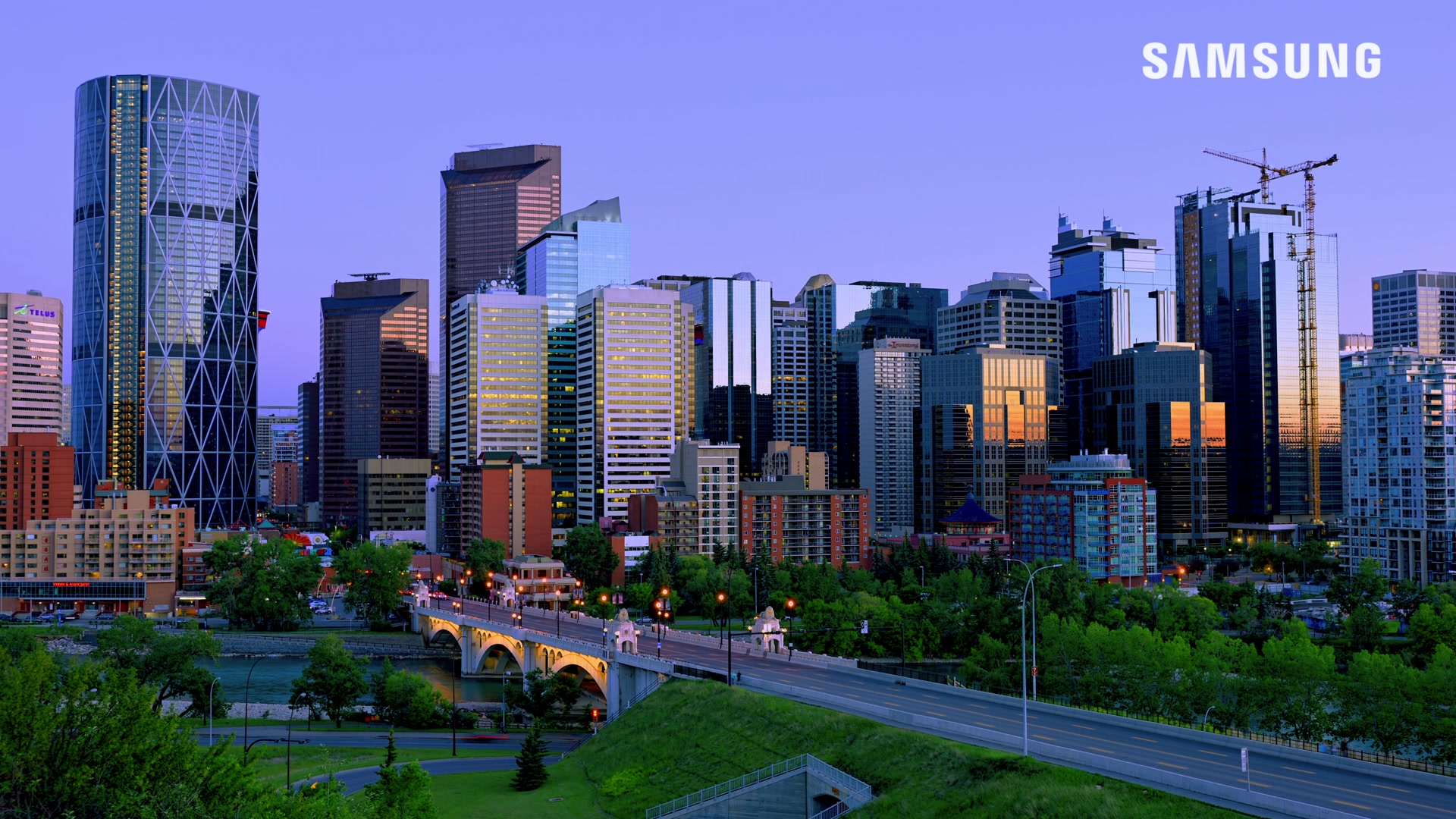

Viarte
is the industry-first stream-based vivid HDR to SDR tone mapping | digital remastering | standards conversion | transcoding server cluster.
Stream-based file processing is a superset of file-based,
but advances further by reducing latency significantly while keeping all of file-based advantages,
especially flexibility. Viarte takes full advantages of Nvidia® CUDA technology for massive GPU parallelism,
built from the ground-up with isovideo's several best-in-class
processing technologies, including
our latest breakthrough quality HDR/SDR motion-compensated (MC) noise reduction, now with a new capability to accept and process HDR video (10-bit or higher)
for 10-bit HEVC/AVC encoding, and can shrink HEVC/AVC upto 5x for the same PSNR or better.
The latest Viarte SDR-to-HDR inverse tone mapping provides a solution for content creators and service
distributors to up-convert legacy 8/10-bit Rec709 SDR content to HDR. For example, this
includes conversion to ST2084 at 1000 nits, or HLG at 1200 nits, with BT2020 color. It allows
legacy SDR material to be rapidly converted to stunning HDR. The results are fully compliant with the
latest Rec. ITU-R BT.2100-0.
The new advanced Viarte HDR to SDR tone mapping allows HDR production to leverage current video distribution infrastructure
for a genuinely improved SDR+ viewing impact on any existing SDR display device,
from TVs to cell phone, including current Cinema projection systems.
Our state-of-the-art splitting technology allow efficient Viarte deployment in the Cloud, achieving
significant improvement of IP-studio workflow efficiency and automation.
Combined with its unique architecture, Viarte embraces an unparalleled
capacity to achieve low-delay, high-throughput, highest quality HDR/SDR 4k/UHD/HD/SD content
transformation on streams or files.
New HDR productions can immediately reach widespread SDR audiences for a SDR+
viewing experience, and with minimal additional capital expenditure for distribution,
while content is future-proof and ready for the newer generations of HDR displays to take hold.
Viarte was one of five prestigious winners of the 2013 IABM/NAB
Game-Changer Awards.
isovideo is honored to be a part of
IABM's
40th Anniversary Publication (section: "Award Winners through the years"),
and was credited for footage conversion in Ron Howard's
"Made in America".
All of our software runs on
Linux x86_64 servers with multi-threaded CPU processing, and up to eight GPUs.
The yuv4mpeg2 standard allows simple interoperability with excellent free tools like
x264,
ffmpeg ,
avconv, and
mplayer
when using pipes. isovideo tools now also support an
extended yuv4mpeg2 I/O format,
allowing piped data to flow between them with up to 15 effective bits representing each
Y,Cb,Cr component. All tools use at least 32-bit arithmetic for all
internal signal processing calculations.
The heading-links below give complete information about each technology.
Legato
uses CUDA
technology for motion-compensated FRC to achieve smooth playback without duplicating or dropping frames.
Legato
can convert any frame rate to any other rate, allowing fast conversion between 24p, 50p and 60p, and can use exact rates
like 60000/1001. It can create slow-motion effects, and perform temporal resampling in order to fit material to time slots.
Visit here
to see the best picture quality of any frame rate converter. It can
also perform 444, 422, 420paldv, 420mpeg, 420jpeg chroma sampling conversions.
Legato can apply motion blur to achieve smoother playback
at lower frame rates like 24 frames/second. Motion blur is controlled
by setting an output shutter angle in degrees. Alternatively, you can
use our automated blur analysis mode to let it dynamically adjust to reduce judder based on image content.
Demeler
performs full motion-compensated deinterlacing in real time.
It can automatically handle any combination of 2:3 pulldown, interlaced, and PsF.
An objective measure of deinterlacing quality compares the sizes of x264-compressed files using
(i) interlaced MBAFF coding and
(ii) deinterlaced progressive coding, adjusted for the same SNR.
Demeler reduces x264 compressed bitrates by 21.3% on average.
If Demeler output is archived with lossless compression,
the original interlaced fields can be recovered losslessly using
meler.
Demeler
makes it totally unnecessary to compress, distribute or archive interlaced video!
Rescape
scales progressive video between any
frame sizes. It uses CUDA technology for realtime scaling if the appropriate cards are
installed. It can reduce frame sizes to suit the target
display device prior to video compression. This reduces streaming
bandwidth to mobile devices, and eliminates further scaling computation, which reduces
mobile power consumption.
Rescape
scales from SD, HD to UHD/4K/8K with much sharper results than the scalers built-in to graphics
cards. It can perform 444, 422, 420paldv, 420mpeg, 420jpeg chroma sampling conversions.
Meler
performs various
progressive to interlace conversions. It does not use GPU acceleration.
It can vertically filter prior to interlacing in order to reduce interlace aliasing artifacts on
particularly difficult material.
It can generate
top-field-first, bottom-field-first, pulldown, advanced pulldown,
fields-as-frames, and can perform 444, 422, 420paldv, 420mpeg, 420jpeg
chroma sampling conversions. It can be used for lossless extraction of
the original interlaced video from video deinterlaced by Demeler.